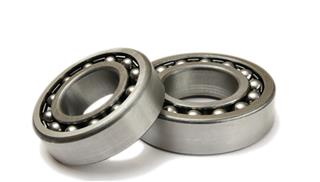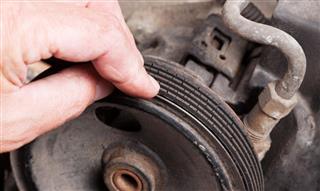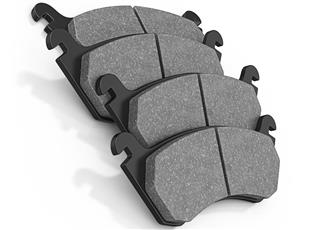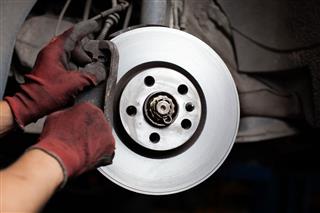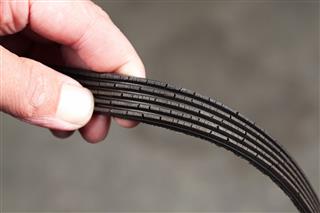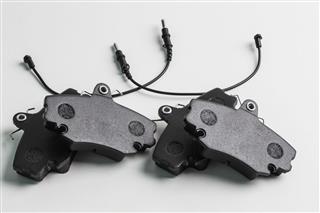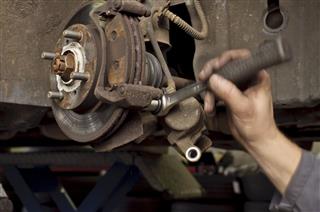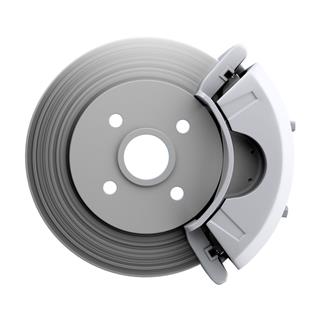
Do you hear a squealing noise, particularly when accelerating or braking, while driving your car? Then this article will surely help you in diagnosing the source of the noise and effectively taking care of the problem.
A smoothly functioning car is like a tuned piano, with each of the mechanical parts working in harmony, and every note falling in place, to create the beauty of a smooth drive. When these harmonious sounds are disturbed by the out-of-sync bad notes of a squealing noise, it can be really annoying. You need to isolate the bad player from the car orchestra and fix or replace it soon.
The aim of writing this WheelZine article is to help you diagnose the source of squealing or squeaking noise when driving your car and restore the beautiful harmony of its functioning.
Noise is any kind of chaotic, incoherent sound, which cannot be traced to any of the normal car functions. Expert technicians, not unlike trained masters of orchestra, can easily find the source of bad notes, as they are used to hearing the orchestra almost everyday.
When they hear a humming noise while driving or any other such sound, they can directly tell you what’s wrong, as their ears are tuned to these sounds. However, since you don’t have access to such an expert mechanic, this article will guide you to the possible sources, that will hopefully solve your problem and restore peace. My research source is also a mechanic of the expert kind.
Squealing Noise While Driving – Possible Sources
The frequency of noise caused by a car problem depends on what kind of material is involved. A squealing noise is typically caused by metal scraping on metal and it may be caused by any of the ‘n’ number of car parts, that may come loose or wear out. It may also be rubber or other polymer materials rubbing on metal. However, the most common sources of squealing sound are the following ones.
Bent Brake Rotor Shield
If you have ever changed tires and observed the brake rotor assembly, you will know that there is a rotor shield, which is designed to keep the internal assembly safe and clean. Sometimes, this shield may touch the brake rotor and cause a squealing sound, which will be eliminated, once the shield is aligned properly.
Worn Out Brake Pads
The most common reason for squealing when driving is worn out brake pads. When the pads have their upper surface scraped, the metal underneath is exposed, which causes the squealing when they come in contact with other surfaces. Stuck pins in brake caliper assembly can also cause a squealing sound. Get the brake system checked thoroughly for any such problems. Go for high quality brake pads which last longer.
Loose Serpentine Belt
Another possible reason for the squealing may be a serpentine belt, which has come loose. Open the hood and check if the belt is loose and if you find it to be so, use the belt tensioner to tighten it back into position. That should restore things back to normal.
Wheel Bearing Failure
In some cases, this squealing noise may be due to a worn out axle or wheel bearing. The bearings act as a buffer between the wheel and axle and when they wear out, there is friction, leading to squealing. If the problem is ignored for long, the wheel bearing noise will transform from being a squeal to a grinding sound.
With time, you get used to all the weird noises a car makes and diagnosis becomes easier. Every car model has its unique set of problems but squealing noise is one of the most common ones. It can almost always be traced to worn out brake pads or loose belts. In case you cannot isolate the problem to any of the causes listed above, you need to consult an expert mechanic.
